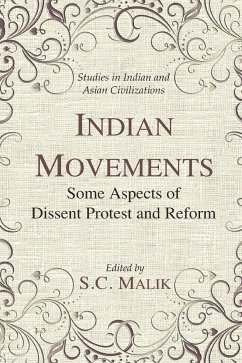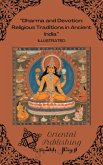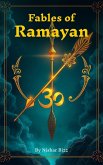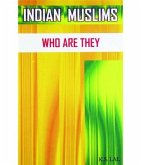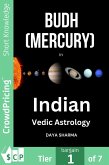Does Indian civilization have the capacity to change or has it been static? The impression of this civilization as an unchanging one has been revised today. Conflict-tension processes in a complex heterogeneous civilization like that of India are equally important and require in-depth studies along with investigating the continuity of tradition. It is in this context that protest, dissent and reform movements have also played a critical role and facilitated adjustments to changing social realities over the centuries. From time to time alternate systems to the accepted ideological or normative patterns have been suggested. Apparently many of these movements were religious in nature, but the socio-economic context which remains in the background does require further detailed examination. The present volume reflects some aspects of these movements. It is one in the series undertaken as part of the group project A Sourcebook of Indian and Asian Civilizations at the Indian Institute of Advanced Study. The essays in this volume by such scholars as Arun Bali, Savitri Chandra, Narendra Mohan, M.G.S. Narayanan and Veluthat Kesavan; Y.M. Pathan, M.S.A. Rao, Sachchidananda, G.B. Sardar and Pushpa Suri will stimulate discussion and generate new perspectives towards understanding Indian civilization.
Dieser Download kann aus rechtlichen Gründen nur mit Rechnungsadresse in A, B, BG, CY, CZ, D, DK, EW, E, FIN, F, GR, HR, H, IRL, I, LT, L, LR, M, NL, PL, P, R, S, SLO, SK ausgeliefert werden.

